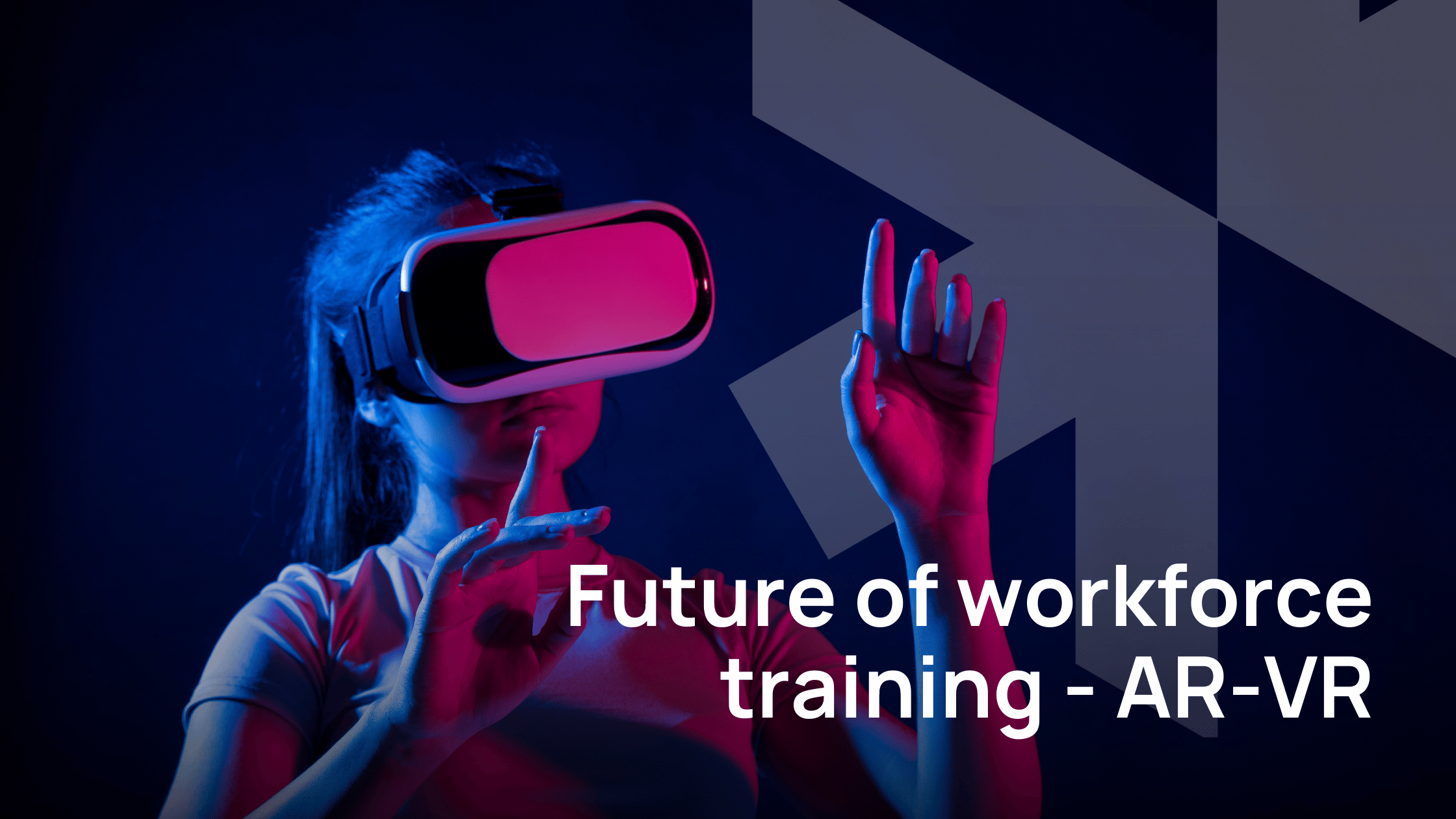If you can see the performance of the organization with naked eyes, you don’t need BI. For example, the owner of a south Indian restaurant doesn’t need BI because he is observing the performance in run-time. In restaurants, performance can be dramatically improved by earning more revenue per table/hour or by getting the customer to spend more. The owner is able to see and control the situation in runtime.
Now imagine, if the same guy had seven restaurants across various locations. All his managers at other restaurants may not be equally competent as the owner and that is where BI can play a role. Another daily life example would be a medical shop. A pharmacist once told me he keeps twenty days of inventory. He was using simple billing software. Although, the data could be seen with naked eyes, with four thousand items in inventory, it was almost impossible to really
identify the excess inventory in the shop.
BI is useful where performance or data is not visible with naked eyes (because you are at a distance) or the data is too complex to be analyzed purely in one’s mind. Also, BI is not advocated to replace gut feel; but gut feel decisions can definitely be far more effective after studying the facts rather than without the facts; won’t you agree?







